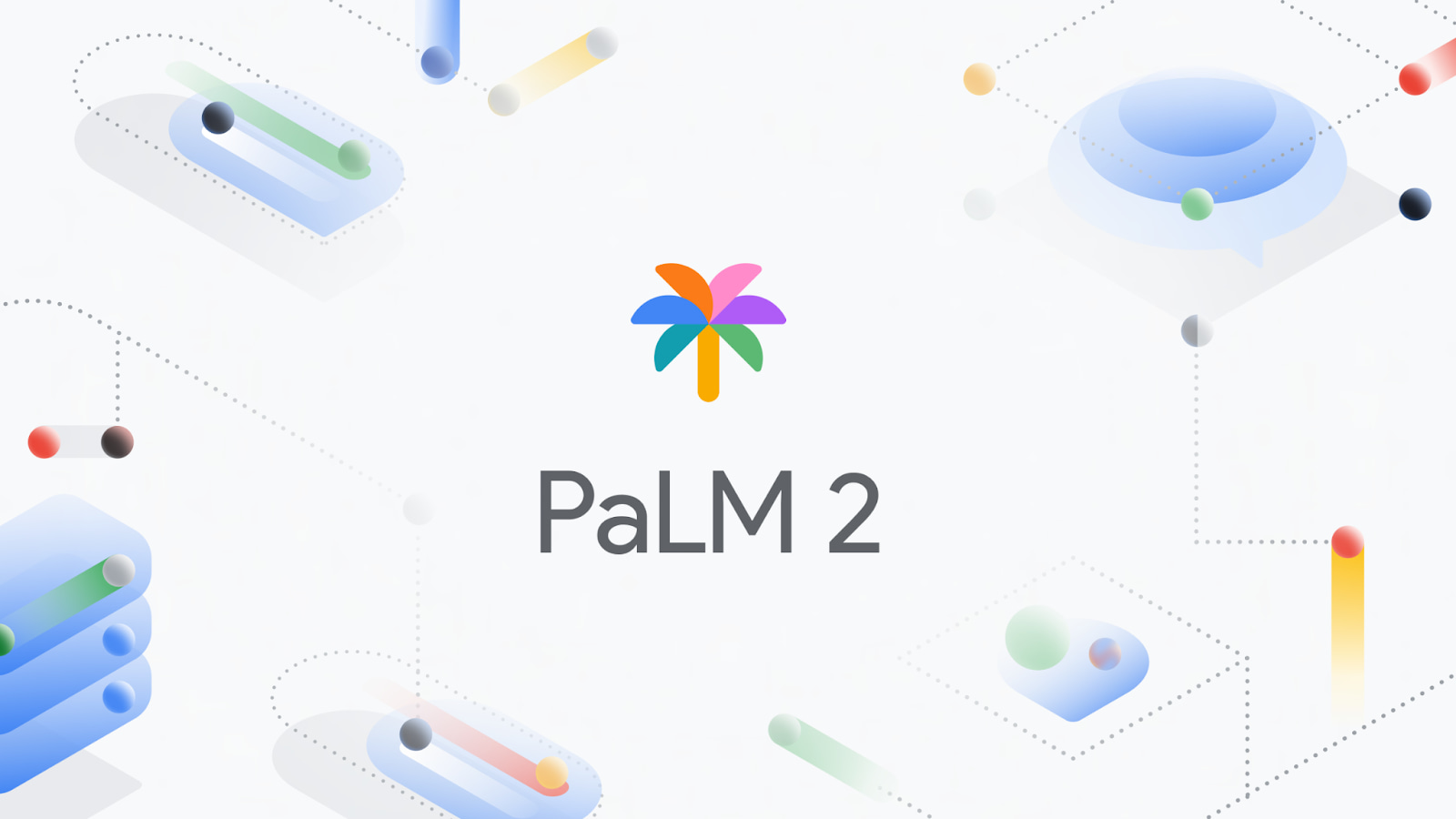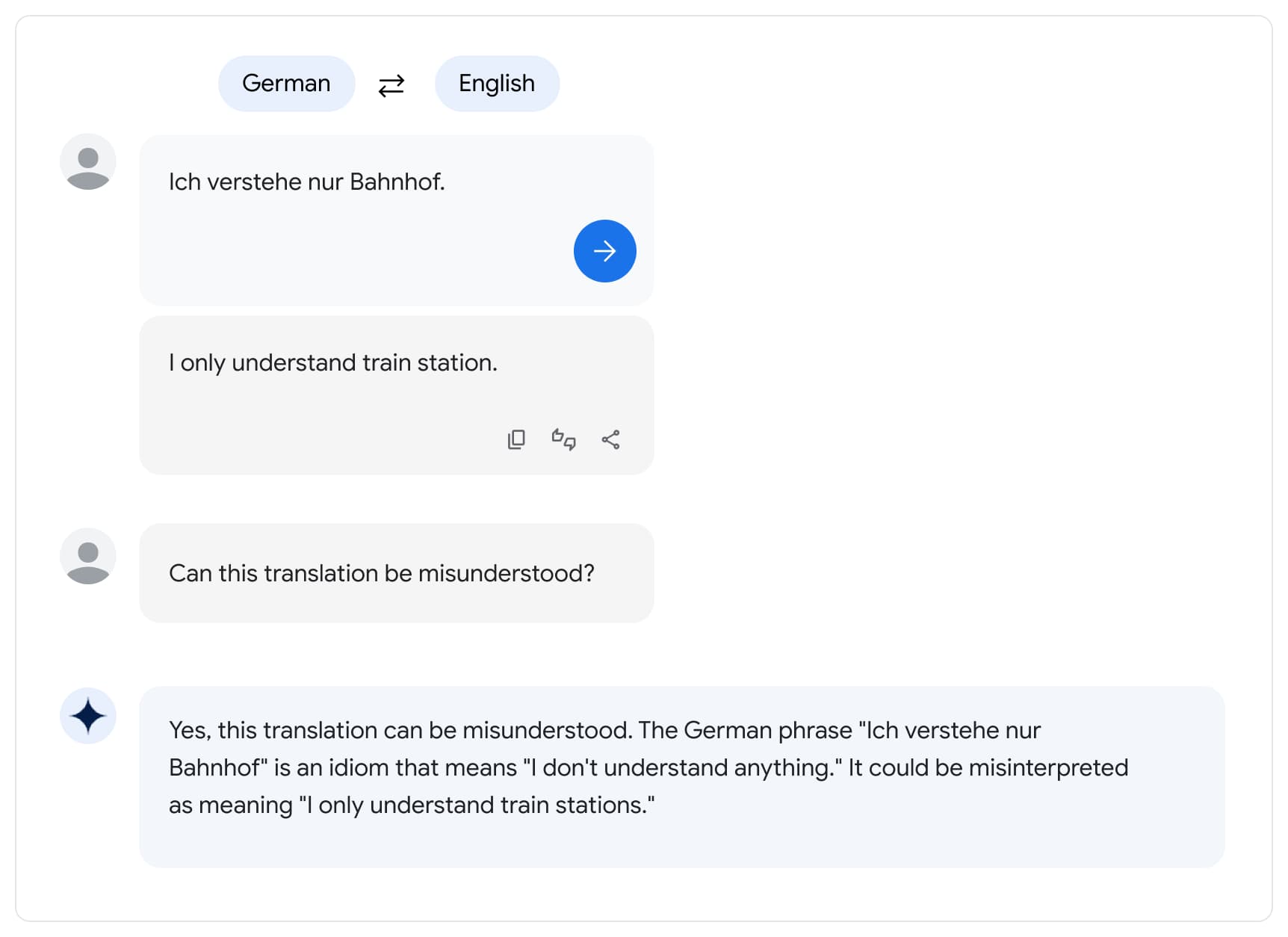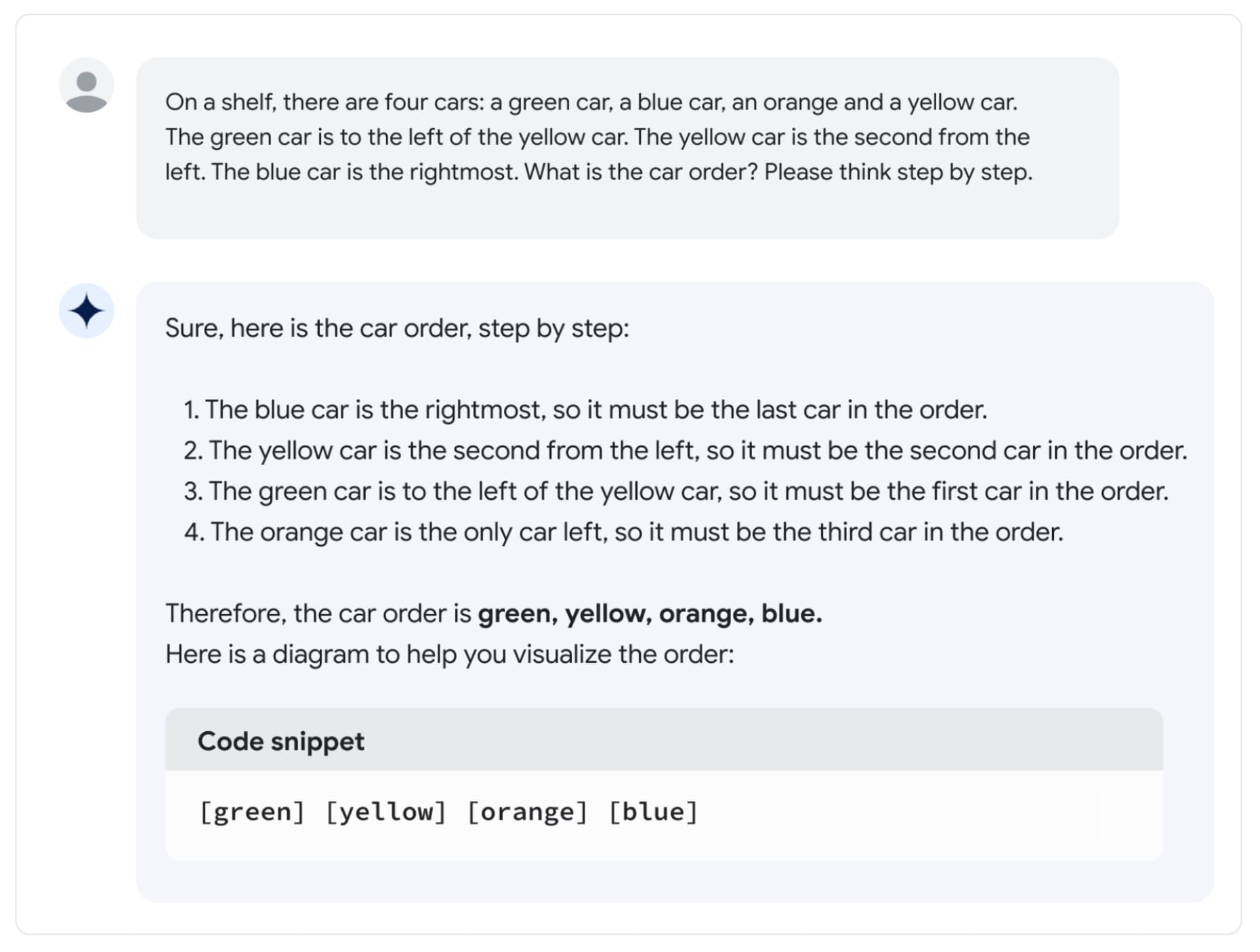
Google today announced PaLM 2, with improved multilingual, reasoning, and coding capabilities. This “next generation language model” is faster, more efficient, and powers 25 first-party products and features.
In 2022, Google announced the Pathways Language Model (or PaLM) with a “Pathways” AI architecture that can “train a single model to do thousands or millions of things.”
PaLM 2 features improved “multilinguality” as it has been “more heavily trained on multilingual text” across over 100 languages. This results in a “significantly improved” ability to understand, generate, and translate nuanced text like idioms, poems, and riddles.
In terms of reasoning, PaLM 2’s dataset includes scientific papers and web pages with mathematical expressions for “improved capabilities in logic, common sense reasoning, and mathematics.”
Lastly, it was pre-trained on a “large quantity” of public source code datasets. Besides Python and JavaScript, this includes generating specialized code in Prolog, Fortran, and Verilog.
PaLM 2 will be available in four sizes with animal-inspired naming (Gecko, Otter, Bison, and Unicorn):
Gecko is so lightweight that it can work on mobile devices and is fast enough for great interactive applications on-device, even when offline. This versatility means PaLM 2 can be fine-tuned to support entire classes of products in more ways, to help more people.
Specifically, Gecko can process 20 tokens per second and has been tested on the latest phones, though Google didn’t specify which particular devices.
At I/O 2023, Google shared that PaLM 2 is powering 25 products. It’s already used by Bard for coding, as well as the expansion to Korean and Japanese, and in Workspace. There’s also Med-PaLM 2 (“answer questions and summarize insights from a variety of dense medical texts”) and Sec-PaLM for cybersecurity. It’s also behind Duet AI for Google Cloud.
FTC: We use income earning auto affiliate links. More.








Comments